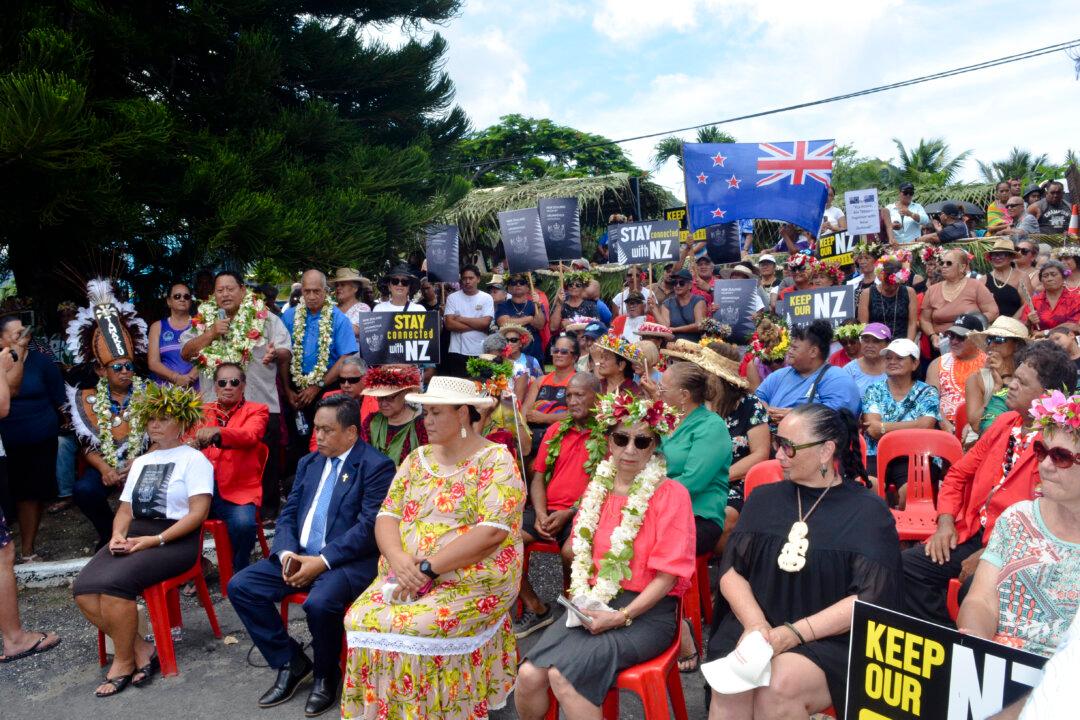News Analysis
Chinese ships and military aircraft were an active presence around Taiwan this week, as the Chinese regime conducted large-scale drills in the waters around the island nation. The drills were a clear response to Taiwan’s recent announcement of a powerful arsenal of strategies to counter Chinese influence.





